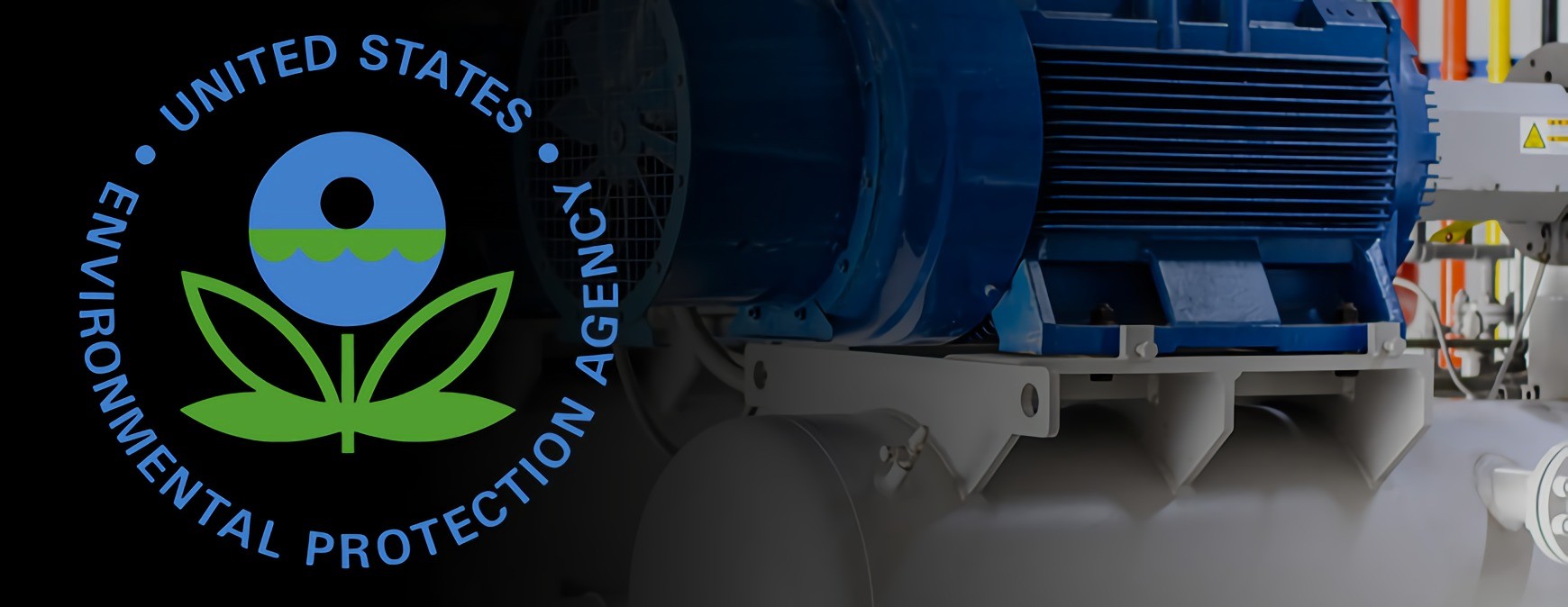
Even with all the good that refrigerants do for the world, some types actually have not so good effects on the environment.
The Environmental Protection Agency (EPA) is tasked with preventing or limiting the bad they can do, such as contributing to global warming, as mandated under the Clean Air Act. EPA Section 608 of this law prohibits HVAC/R technicians from knowingly releasing such refrigerants while they’re servicing, disposing of or repairing A/C and refrigeration units.
On January 1, 2018, several important Section 608 refrigerant regulations took effect that anyone in HVAC/R training or working in the field has to know—that means you, dear reader.
EPA Refrigerant Laws Taking Effect in 2018
The refrigerant regulations take effect this year because the EPA added them to their existing rules concerning ozone-depleting refrigerants like HCFCs and CFCs in 2016. These new rules largely deal with the management of refrigerants that release greenhouse gases and make global warming worse, such as HFCs.
Basically, HVAC/R technicians are now required to handle refrigerants with high global warming potential, which have served as substitutes for ozone-depleting refrigerants in the same manner.
Get Started on the Path to a New Career
Fill out our form to learn how we can help you change your life.
We’ve broken down the rules dictating the use of these refrigerants below.[1][2]
Refrigerant Sales
In order to sell HFC and HFO refrigerants, HVAC/R technicians must possess EPA certification. Previously, this certification was only necessary for the sale of refrigerants containing CFCs and HCFCs.[3]
EPA Certification for HVAC/R Techs
As was the case for HVAC/R techs working with HCFC and CFC refrigerants in the past, those handling specific substitute refrigerants will also need EPA certification.
A new section has been added to the original Section 608 Certification exam, and the EPA is currently reviewing it. Certification cards issued after January 1, 2018, will have a different look than the old ones. Specifically, they’ll state the person’s name, the exam(s) he or she passed (Type 1, Type 2, Type 3 or Universal), and that the individual is qualified to handle the refrigerant(s) covered by the exam(s), as required by EPA’s National Recycling and Emission Reduction Program.
Once a technician is EPA certified, documentation of this credential will need to be kept where he or she works. Even if a technician leaves a job, the employer must maintain a copy of his or her certification for three years.[4][5]
Refrigerant Recordkeeping
New refrigerant recordkeeping laws for the disposal of mid-sized appliances also took effect at the beginning of 2018. The EPA defines a mid-sized appliance as one containing between 5 and 50 pounds of refrigerant. An example would be a residential split system.
For refrigerant recovery, technicians must keep records by appliance and time frame. For each appliance, they need to document the type of refrigerant and the date and location of its recovery. The types and quantities of refrigerants recovered from appliances techs dispose of must be recorded for every calendar month.
During instances of refrigerant reclamation or destruction, the technician will need to document the type and quantity of refrigerant, the date and the person who received the refrigerant.[6]
Maintenance, Service, Repair and Disposal of Substitute Refrigerants
All of the same rules that applied to handling CFC and HCFC refrigerants also now pertain to the servicing of equipment containing substitute refrigerants, such as HFCs and HFOs.[7]
Essentially, HVAC/R techs must evacuate these refrigerants to specific levels, using recovery or recycling equipment prior to opening or disposing of air conditioning or refrigeration appliances.[8]
HVAC/R Industry Regulations
Part of working in this industry is also staying current with the regulations governing the handling of these refrigerants. It’s not just about becoming a better technician, but it’s also about keeping the future greener.
Many types of HVAC/R systems still rely on refrigerants with damaging atmospheric effects. Read more about protecting the environment with natural coolants.
Additional Sources
[1] – https://www.epa.gov/sites/production/files/2016-09/documents/608_fact_sheet_technicians_0.pdf
[2] – https://www.achrnews.com/articles/134399-how-the-epa-608-final-rule-could-impact-your-business
[3] – http://www.contractingbusiness.com/refrigeration/are-you-ready-epa-sec-608
[4] – http://www.contractingbusiness.com/refrigeration/are-you-ready-epa-sec-608
[5] – https://www.epa.gov/sites/production/files/2016-09/documents/608_fact_sheet_technicians_0.pdf
[6] – https://www.epa.gov/sites/production/files/2016-09/documents/608_fact_sheet_technicians_0.pdf
[7] – http://www.contractingbusiness.com/refrigeration/are-you-ready-epa-sec-608
[8] – https://www.achrnews.com/articles/134399-how-the-epa-608-final-rule-could-impact-your-business
This blog has been labeled as archived as it may no longer contain the most up-to-date data. For a list of all current blog posts, please visit our blog homepage at https://www.rsi.edu/blog/

